What I Wish I Knew Before Donating Eggs in Mexico
.png)
Becoming an egg donor is a generous decision that helps others start a family. Mexico has become a popular destination due to modern clinics, high-quality care, and lower costs.
It’s important to be fully informed about the process, from eligibility and medical procedures to compensation and legal protections. Partnering with a reputable clinic ensures your safety and success while navigating the emotional and practical aspects of donation.
What are the basic requirements to be an egg donor in Mexico?
The requirements for egg donation in Mexico are similar to those in other countries, focusing on ensuring the health and safety of both the donor and the future child. While specific age ranges can vary slightly by clinic, the general guidelines are as follows:
- Age: You must be between 18 and 30 years old. This age range is considered optimal because it's when a woman's eggs are typically of the highest quality and quantity.
- Health: You must be in excellent physical and mental health. This includes having a BMI within a healthy range (usually between 18 and 25), not smoking or using illegal drugs, and having no history of serious hereditary or genetic diseases in your family.
- Reproductive History: Having a regular menstrual cycle is a must. Some clinics also prefer donors who have had a successful pregnancy before, as it can be an indicator of good fertility.
The screening process is extensive and includes a detailed review of your medical and family history, blood tests to check for infectious diseases and hormonal levels, genetic testing, and a psychological evaluation. These steps are crucial for protecting everyone involved and ensuring the best possible outcome.
Is egg donation in Mexico a paid or altruistic process?
What is the medical process for egg donation?
The medical process is carefully managed and monitored by fertility specialists to ensure your safety and the success of the cycle. Here's a breakdown of the key stages:
- Screening and Synchronization: After your initial screening is complete and you have been selected by a recipient, your menstrual cycle will be synchronized with the recipient's cycle using birth control pills or other hormonal medication. This ensures that your body is ready for the stimulation phase at the right time.
- Ovarian Stimulation: For about 10-14 days, you will self-administer daily hormonal injections. These medications stimulate your ovaries to produce multiple eggs in one cycle, rather than the single egg your body would normally produce. During this time, you'll have frequent monitoring appointments with the clinic, including blood tests and ultrasounds, to track the growth of your follicles.
- Egg Retrieval: Once your follicles have matured, a final trigger shot is given. About 36 hours later, you will undergo the egg retrieval procedure. This is a minor surgical procedure performed under light sedation. A fertility doctor uses an ultrasound-guided needle to gently retrieve the eggs from your ovaries. The procedure typically takes only 15-20 minutes, and you will be monitored afterward before being discharged the same day.
The entire active medical process, from the start of injections to the retrieval, usually takes around two weeks. The full donation process, from screening to retrieval, can take a few months.
Are there any health risks or side effects from donating eggs?
Most donors tolerate the process well, with minimal discomfort similar to pre-menstrual symptoms. However, it's important to be aware of the potential side effects and risks. Common side effects from the hormonal medications include:
- Bloating and a feeling of fullness.
- Mild abdominal cramping or discomfort.
- Headaches or mood swings.
- Bruising at the injection sites.
The rare but serious risk of egg donation is Ovarian Hyperstimulation Syndrome (OHSS), which causes swollen ovaries and fluid buildup. Mexican clinics monitor hormone levels closely to prevent it, and following your doctor’s instructions is essential.
Egg donation does not affect future fertility, as the process uses eggs your body would naturally discard, so you will not “run out” of eggs.
What is the legal framework for egg donation in Mexico?
How long does the entire egg donation process take?
The timeline for egg donation is not a quick one, and a significant portion of the time is spent on screening and preparation. Here is a general timeline:
Initial Application & Screening (1-2 months): This phase includes filling out detailed forms, undergoing all the required medical tests, genetic screening, and a psychological evaluation. You may be in the clinic for only a few hours at a time, but it takes time to get all the results back and for you to be approved as a donor.
Matching with a Recipient (variable): Once you are approved, your profile is added to the clinic's donor database. The time it takes to be matched depends on the needs of the recipients. This phase can be very quick or take several months.
Active Donation Cycle (2-3 weeks): This is the most intensive part of the process. It involves synchronizing your cycle, followed by 10-14 days of hormonal injections and regular monitoring appointments. The final day is the egg retrieval procedure, which is a one-day event. You will need to be in Mexico for this entire period.
What kind of support is available for donors in Mexico?
Support Provided by a Good Egg Donation Clinic:
-
Bilingual staff and a dedicated donor coordinator guide you through every step.
-
The coordinator answers questions, schedules appointments, and provides all necessary information.
-
Access to the medical team is available for concerns during the stimulation phase.
-
Psychological support is provided to ensure emotional preparedness.
-
Assistance with travel logistics, including flights, accommodation, and transportation, is often available for out-of-town donors.
Your selfless act of donating eggs can bring immense joy to others. When you are ready to make this decision, it’s important to find a clinic that you can trust. Explore the possibilities with PlacidWay and connect with internationally accredited fertility clinics in Mexico that prioritize donor well-being and offer transparent, professional services.




.png)

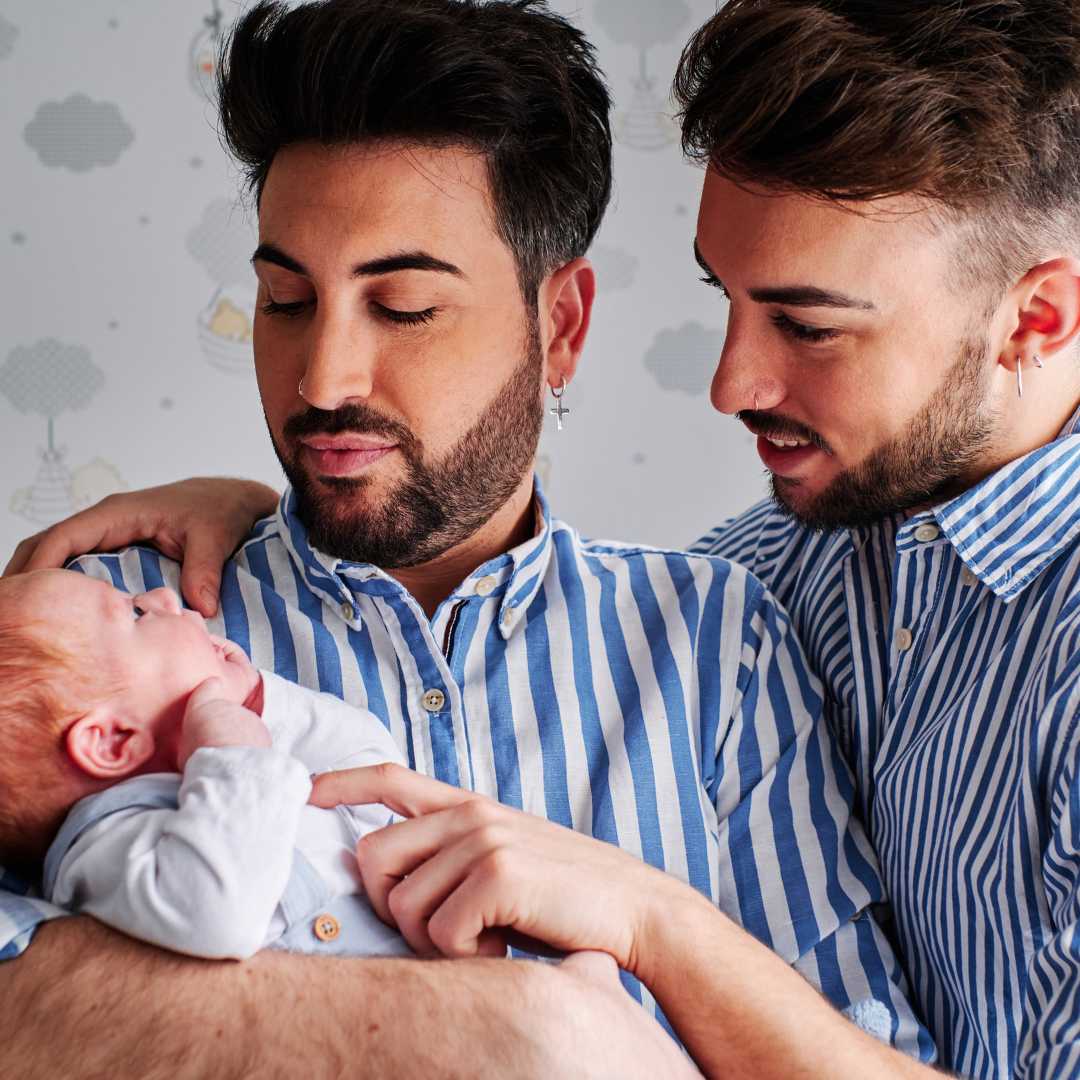
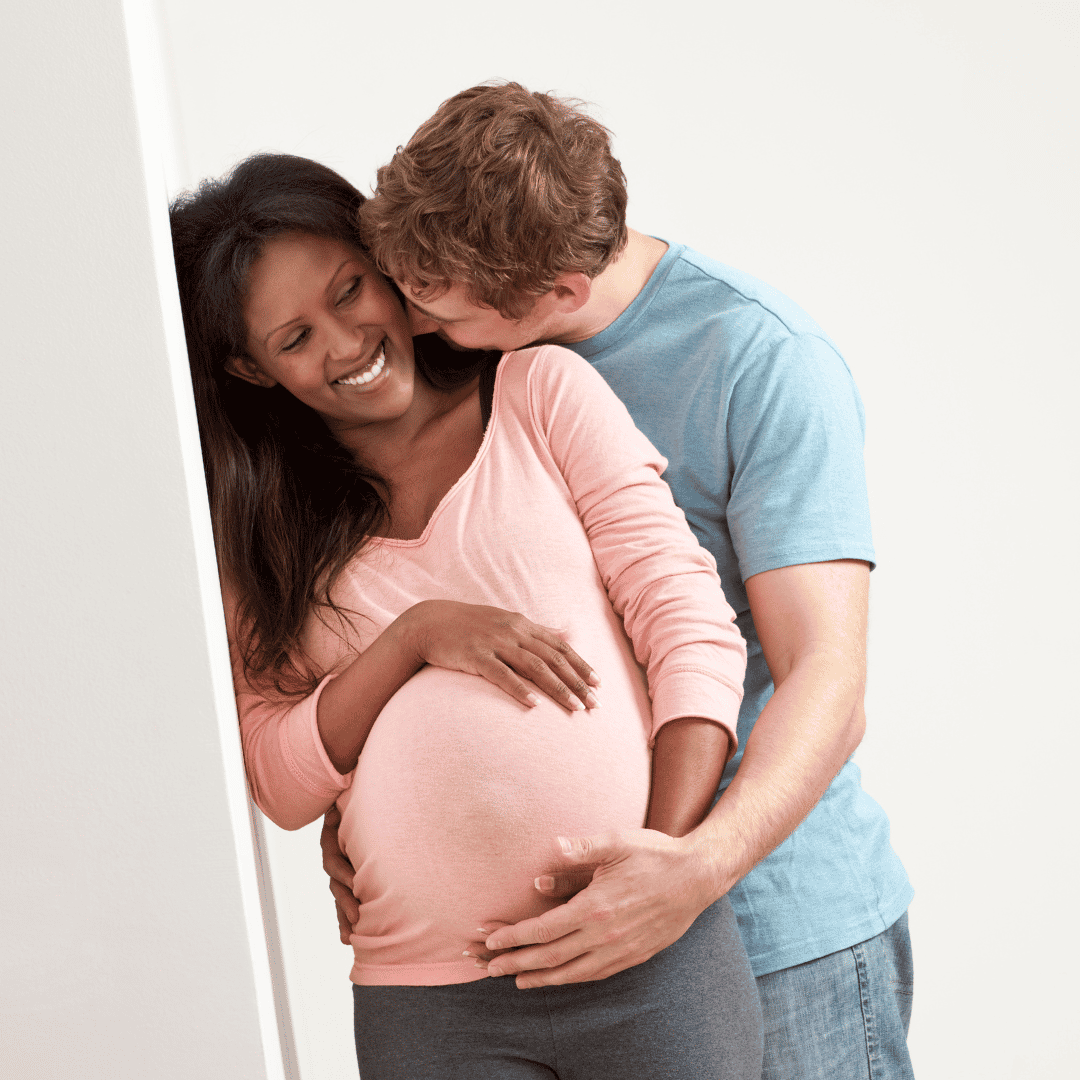
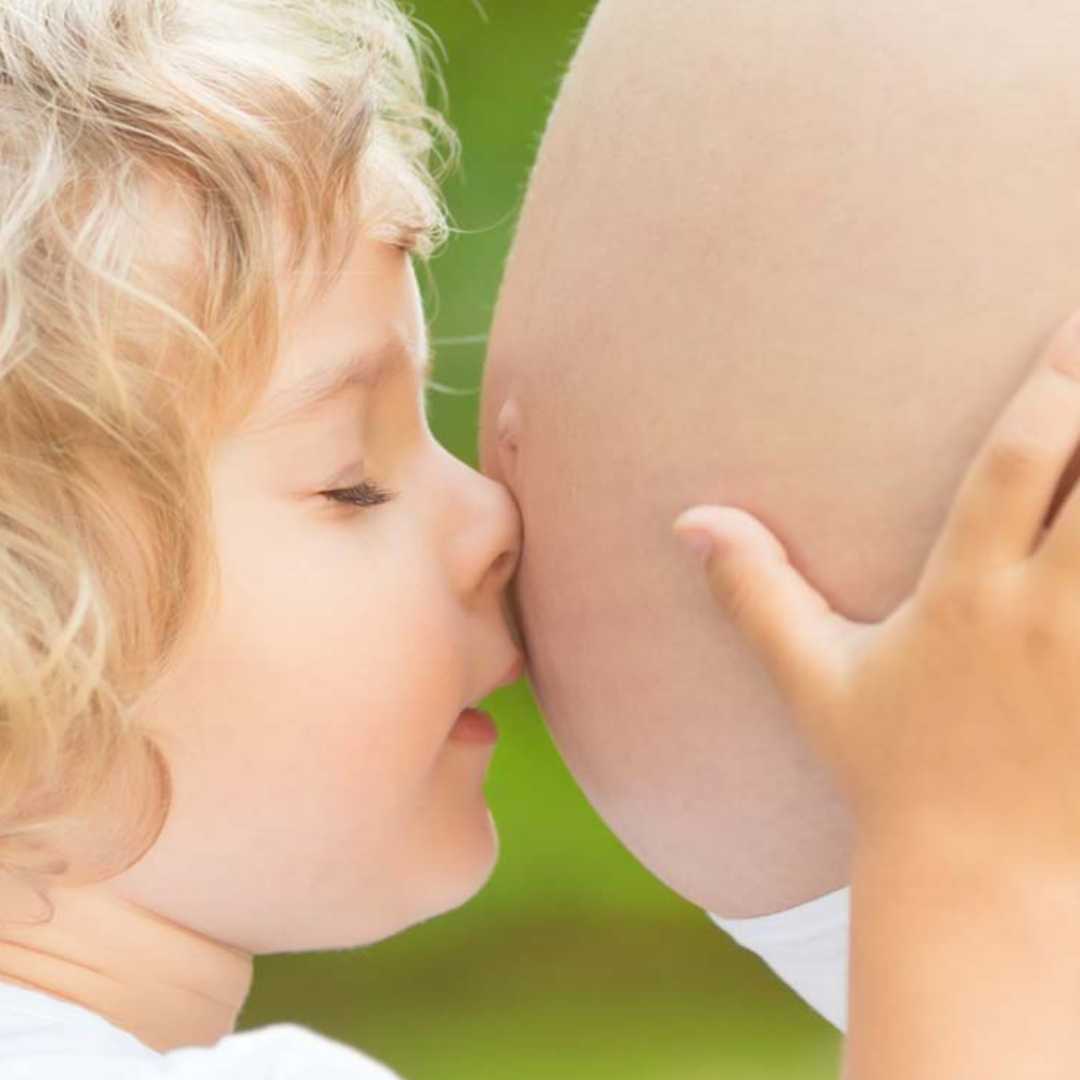
.png)
.png)
.png)
.png)
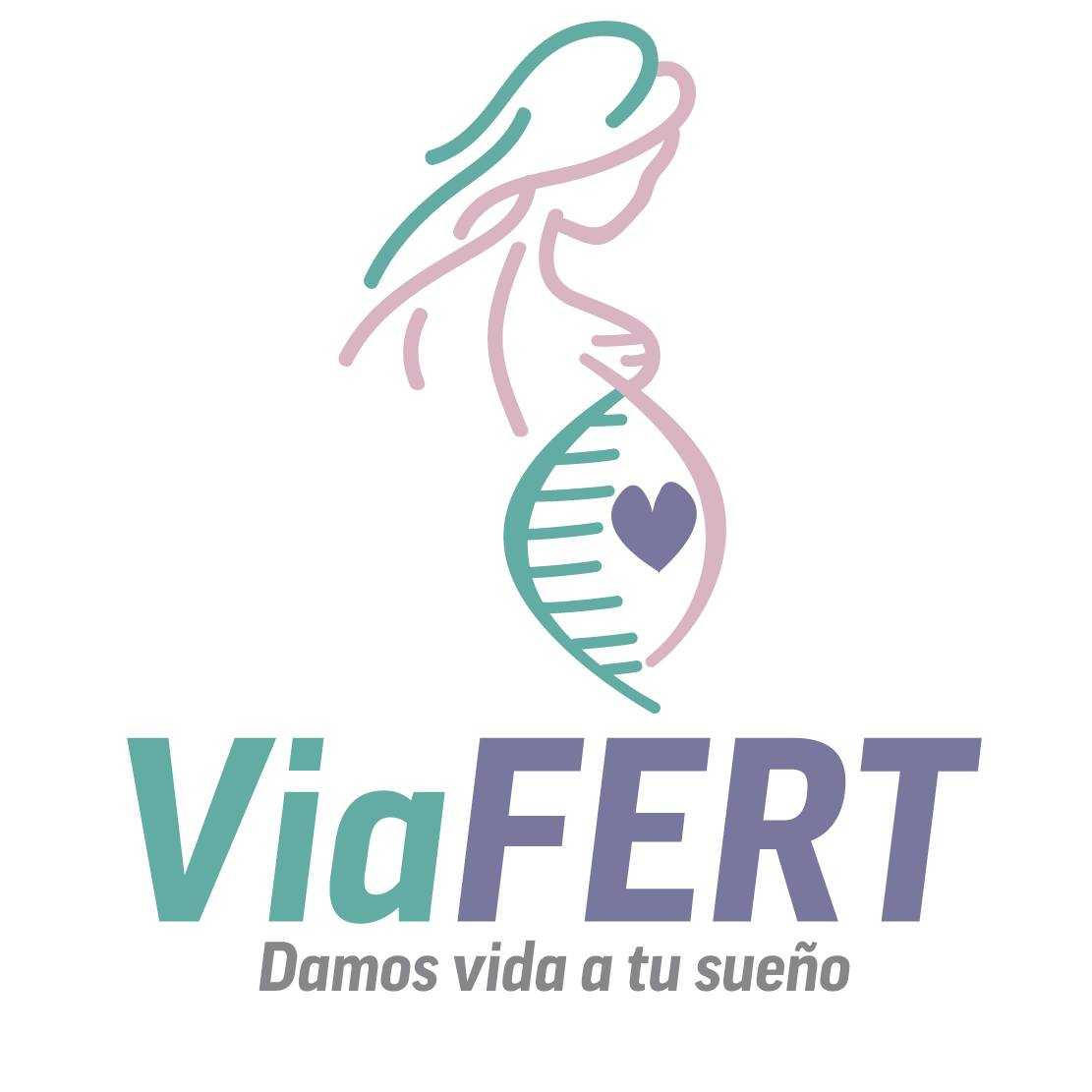
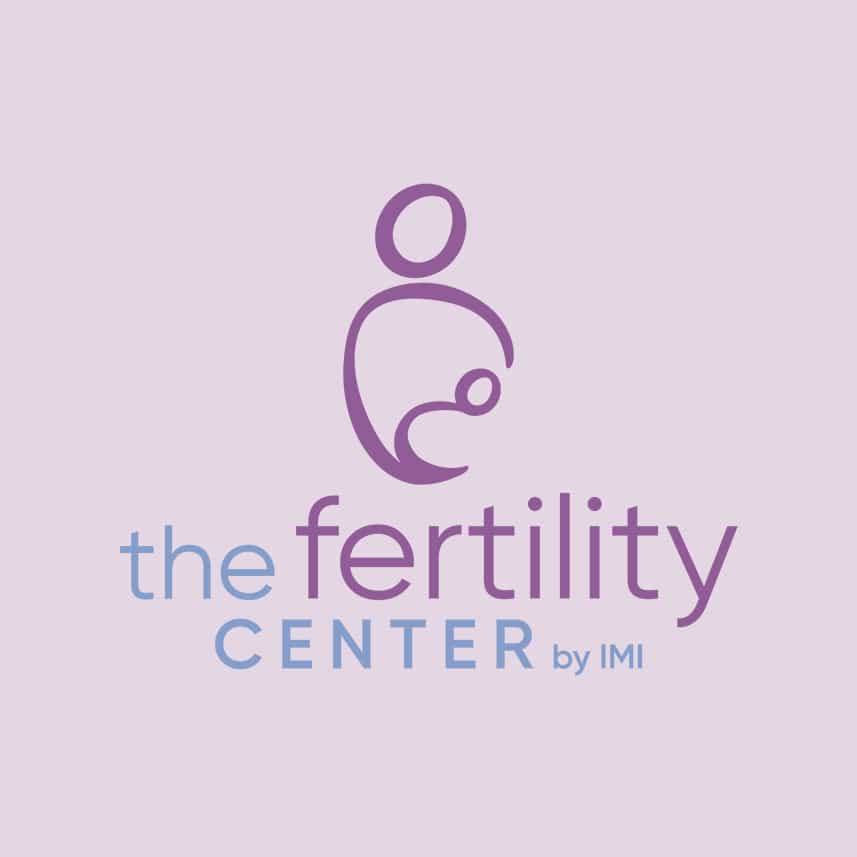
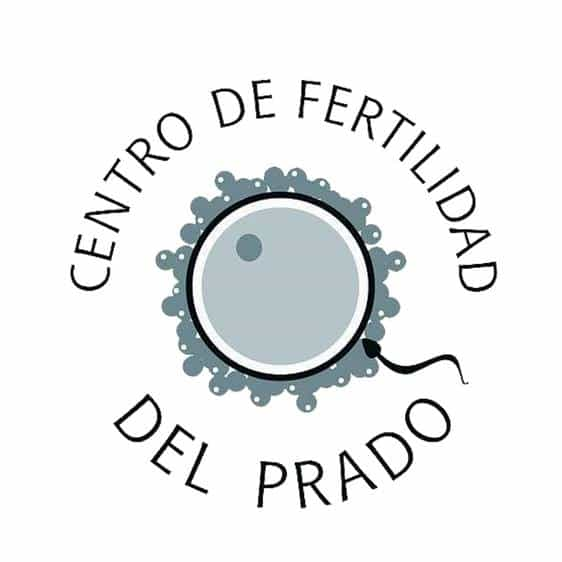
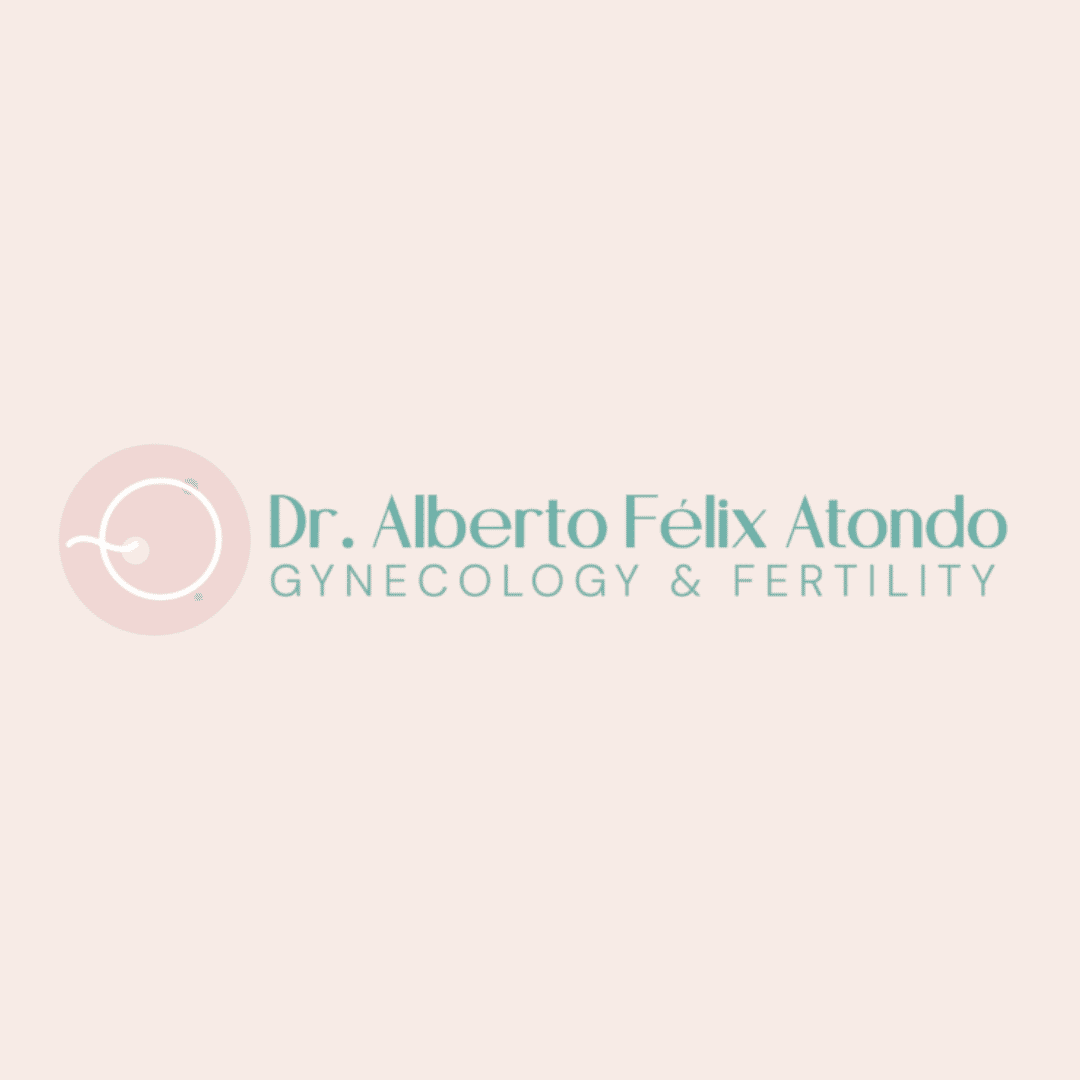
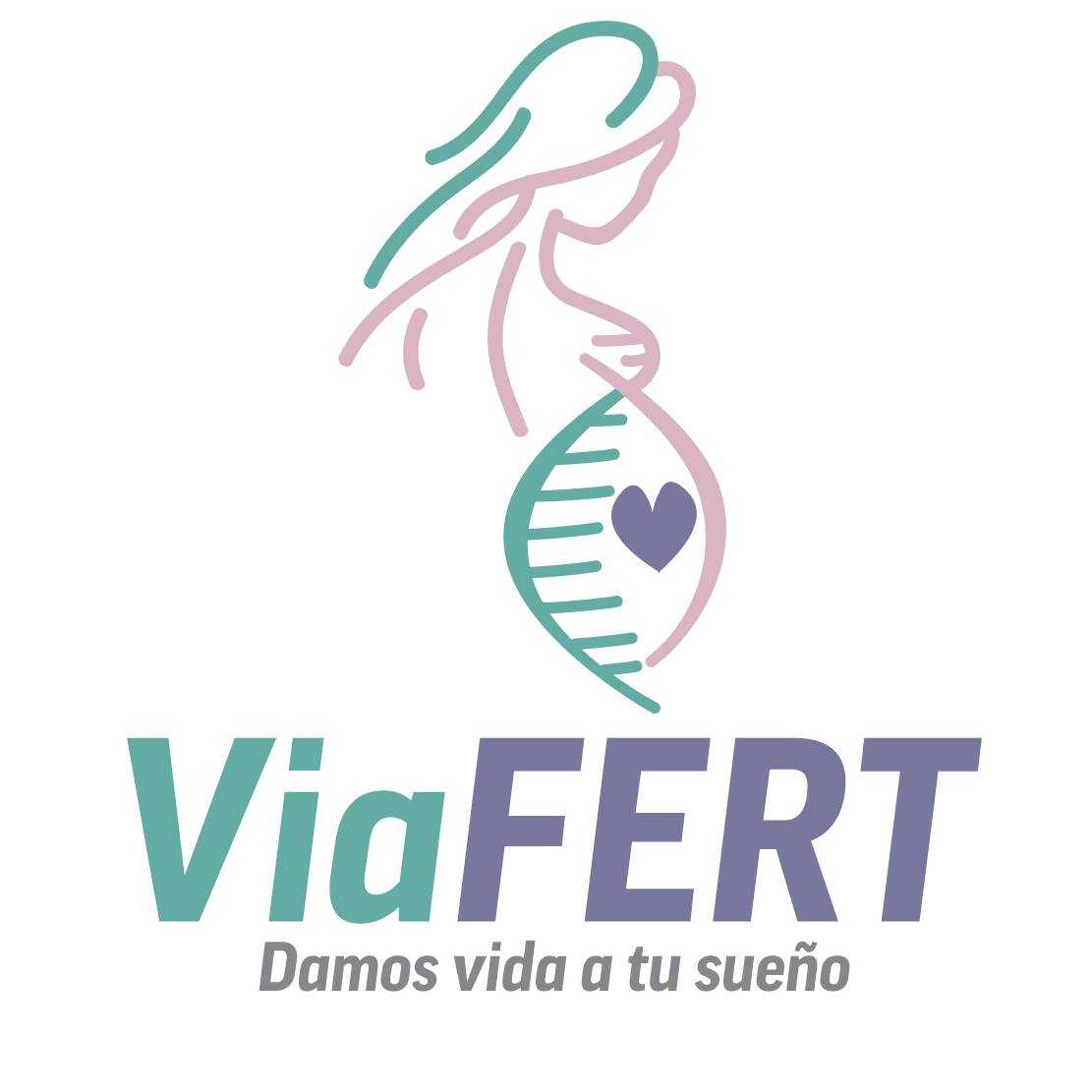

Share this listing